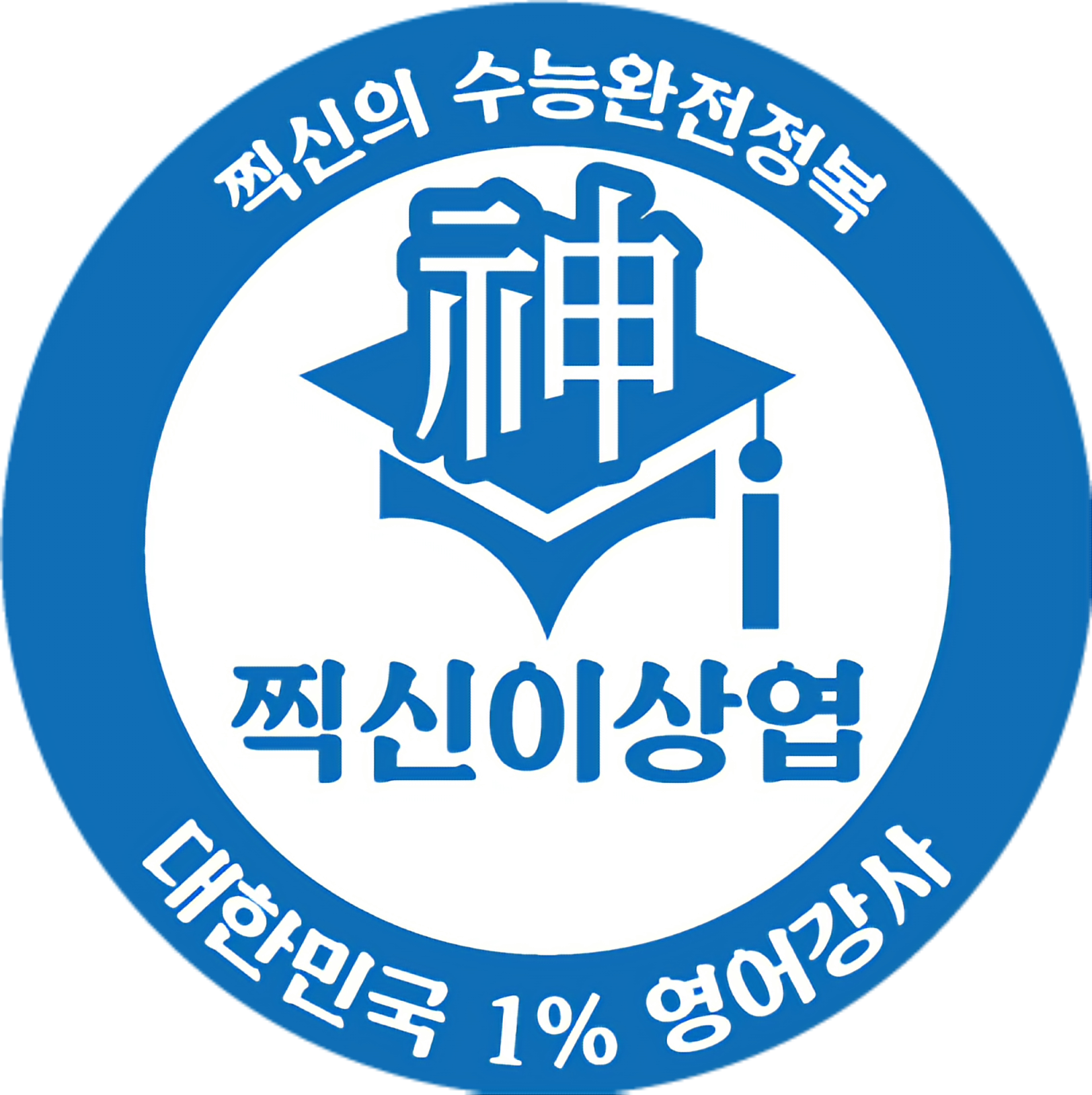6-2. 형용사와 부사
10. 주의해야 할 부사 및 기타용법
1. 부사는 전치사구, 전치사구는 부사로 표현할 수 있다.
Visitors have responded enthusiastically to interactive exhibits.
= Visitors have responded with enthusiasm to interactive exhibits.
(방문객들은 직접 참여할 수 있도록 마련된 전시물에 열정적으로 반응했다.)
→ with+추상명사=부사
[어휘] interactive 상호적인
In general, she gets up at 7 o’clock.
= She usually gets up at 7 o’clock.
(그녀는 보통 7시에 일어난다.)
→ in general, in particular, in brief, at least 등은 전치사의 목적어로 형용사인 경우이다. 경우에 따라 형용사 또한 명사 상당 어구로 본다.
2. 부사역할을 하는 명사
this/these, that/those, every, last, next와 같은 형용사가 시간 명사와 함께 쓰일 경우 전치사 없이 부사역할을 한다.
I have been pretty busy on these days.
(최근에 꽤 바쁘다.)
Korea’s trade grows larger in every year.
(한국의 무역은 해마다 늘어나고 있다.)
This year is different than in the past. <주어로 쓰인 명사>
(올 해는 과거와 다르다.)
We must reach an agreement within this year. <전치사의 목적어로 쓰인 명사>
(우리는 올해 안에 합의점을 찾아야 한다.)
3. 형태가 유사해서 혼동을 주는 형용사와 부사
1) hard a. 딱딱한, 어려운 ad. 열심히 vs. hardly ad. 거의 …이 아닌
We have had a hard life here. <형용사>
(우리는 여기서 힘든 생활을 해왔다.)
Hard work beats talent when talent fails to work hard. <형용사> <부사>
(재능이 열심히 일하는 것을 이루지 못할 때 노고가 재능을 능가한다.)
I can hardly open my eyes due to the wind. <부사>
(바람 때문에 눈을 거의 뜰 수가 없다.)
2) late a. 늦은 ad. 늦게 vs. lately ad. 최근에
Why are air temperatures usually higher in the late afternoon than in the morning? <형용사>
(왜 기온은 보통 아침보다 늦은 오후에 더 높은가?)
I got up late. <부사>
(늦게 일어났다.)
Have you seen her lately?
(최근에 그녀를 봤나요?)
→ lately는 현재완료와 함께 쓰이는 시제 부사이다.
3) high a. 높은 ad. 높이 vs. highly ad. 매우, 대단히
Low-income citizens are often hit the hardest by a high rate of inflation. <형용사>
(저소득 시민들은 종종 높은 비율의 인플레이션에 가장 심하게 타격을 입는다.)
Every plate was piled high with fruit. <부사>
(모든 그릇은 과일로 높이 쌓여 있었다.)
The electronics industry is highly competitive. <부사>
(전자 업계는 경쟁이 매우 심하다.)



